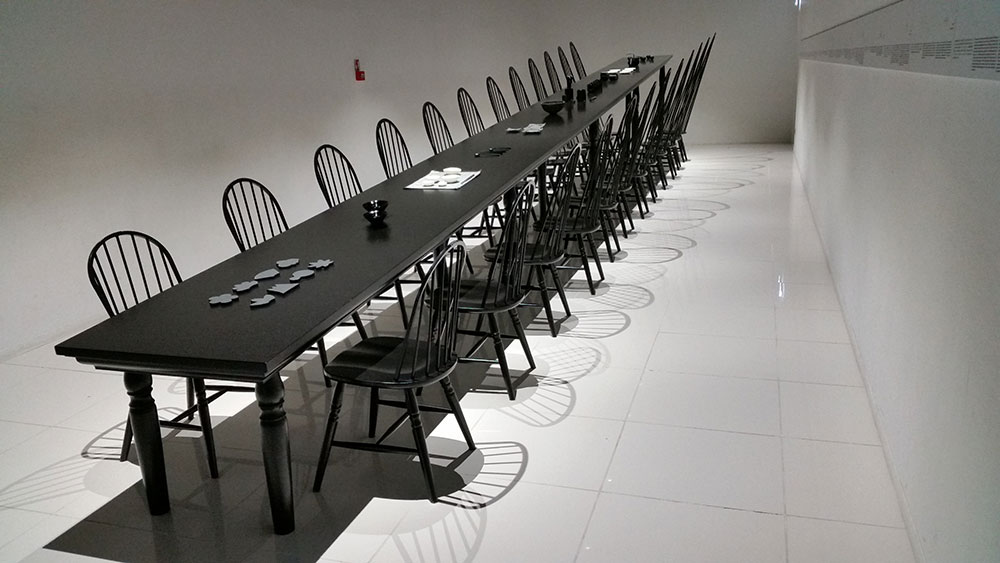How to Write Conference Papers?

The conference paper is a kind of report that helps you to share your research with colleagues and guests at the meeting who are interested in this topic. In this paper, you summarize and briefly talk about your tasks, solutions, discoveries, and ideas. Also speaking at the conference is a perfect opportunity to get feedback and discuss current issues on your topic. If you have little experience in scientific activities, the conference will allow you to express yourself and increase your professional status.
What Is A Conference Paper?
Conferences papers are usually written in order to present the research at a conference. Thus, this is a summary of your work in writing. This paper is traditionally printed in a journal.
The second part of your participation in the conference is oral. You tell the audience about your work focusing on the main aspects. More often, the performance is accompanied by a presentation.
Both parts, written and oral, are very important and require careful preparation.
Preparatory Part
Oddly enough, writing never begins with a text. The work on the conference paper also begins with the preparation.
Define conference paper format and structure. These aspects of your presentation will affect your preparation. You can choose or combine:
- for the journal
- visual presentation for performance
- paper that you read out loud
You should also know in advance how long your article should be. Speech at the conference usually lasts about 15-20 minutes. But each meeting may have its own rules and requirements.
The general rule is that it takes 2-2.5 minutes to read one page at double-spaced intervals. Thus, paper with a double interval of 8-10 pages is often suitable for a 15-20 minute speech.
Keep in mind that during the performance, people usually read the document faster than at the rehearsal because of the excitement.
Determine what do you want to convey. In preparation for the conference, you need to identify the primary concerns of the field. You probably already know which aspects of your research are the most important and what will you focus on. But that will not be superfluous to:
- find conference paper examples, review recently published journals
- talk to people who are often at conferences at your field
- try to predict questions from the audience
- if you know about the weak points of your research, tell about it yourself
Learn the specifics of your conference. Some scientific organizations have their own rules for writing and presenting their reports. Be sure to find out what they are and adhere to them.
Try to find out how your colleagues are preparing. Despite the existence of competition, many people are happy to share their experiences if you are genuinely interested in their opinions. This is especially important if you are participating in a thematic panel. You and your colleagues are interested in making presentations within the theme look complete and seamlessly complement each other.
Who is your audience? Understanding who is your target audience – is the basis of any work in business, creativity, or even in scientific work. Find out how many guests there will be whether your friends are among them. Perhaps there will be very important and respected specialists in your field. It is better to be aware of this before, not to worry on the day of the conference.
In most cases, conference organizers are willing to share this information with speakers. They are also interested in making your presentation brilliant and ready to help you with this.
Writing the Conference Paper
It’s time to get down to work. You can not simply reduce the amount of research to the size of the conference document. This should be a newly written work with the most concentrated idea.
Refer to the sources. Telling about important aspects of your subject specify who first brought up this question. It will show the audience that you are deeply studying the topic.
Paper structure. Your task is not just to tell about your research, but to structure the information correctly so that it can be easily perceived. You can start by commenting on the previous report in your panel. Connect these topics and then go to the description of your tasks and questions. Share some examples and cases from your research, and in the end, convey to the audience why the topic of your research is relevant for everyone.
Make sure what you write simply and clearly. The most effective way is to read your text out loud. Even better, if you read your work to someone who is not familiar with the topic. Will he understand anything? Help your listeners. Avoid complex sentences. The abundance of terms often speaks not about your professionalism, but on the contrary that you have little experience in public speaking.

After You’ve Written the Conference Paper
Writing an article is only half of your work. This is both a writing paper and a visual or oral presentation.
The main rules of PowerPoint:
- Your presentation slides shouldn’t duplicate your paper
- You should not simply read bullet points and text excerpts of the screen to your audience. The highest level – when you almost don’t look at the screen
- Your presentation should complement your discourse. Add the images to illustrate a point you are making
At the event
- Check the serviceability of the equipment in advance, whether the presentation starts and everything works properly
- Listen carefully to the speech of your colleagues, make notes, ask questions if you are interested in something
- Speaking, do not forget to thank your listeners for their attention. You can do this at the beginning and the end of the report
- Try to minimize reading. Look at the audience, keep eye contact. For this, you need to know your report thoroughly. But we hope you have time to practice!

